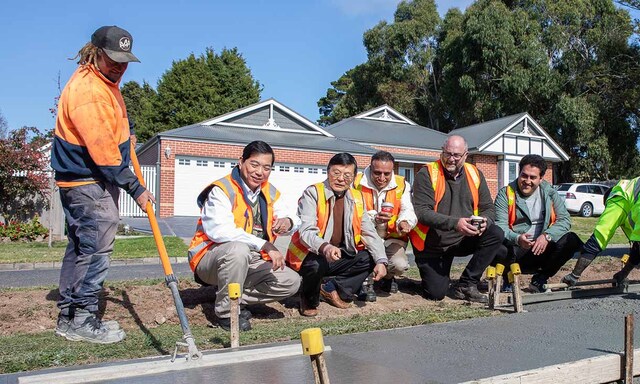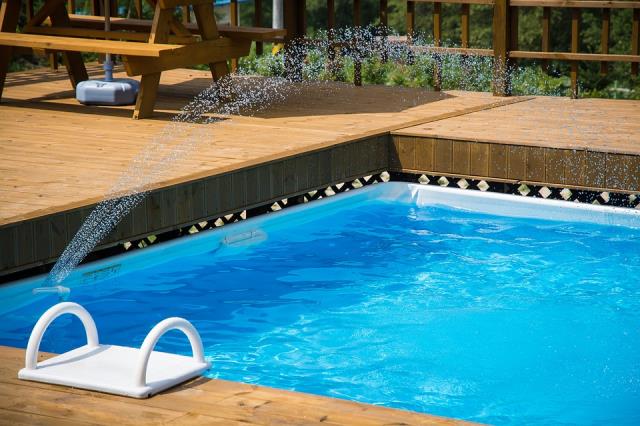Macedon Ranges Council has teamed up with RMIT University to trial a world-first ‘coffee concrete’ footpath.
Led by RMIT School of Engineering researcher Dr Rajeev Roychand and his colleagues, the trial aims to convert organic waste into a viable concrete and a valuable resource for the construction industry.
The trial included parts of the footpath in Howey Street, Gisborne, where concrete made from used coffee grounds and wood chip biochar is being tested.
Council’s director of assets and operations, Shane Walden, said he was pleased to be part of the project.
“Despite the fact that we’re using coffee grounds or mulch, residents aren’t going to really see or smell any difference in this concrete product,” he said.
Mr Walden said that the project has “benefits that are important to the community,” such as “helping the environment, acting sustainably and, most importantly, reducing waste to landfill and having a circular economy.”
Australia generates 75 million kilograms of ground coffee waste each year, with most of it going to landfill.
Up to 655 million kilograms of sand in concrete could be replaced with used coffee grounds, as it is a denser material.
Globally, 10 billion kilograms of used grounds are created each year, which could replace up to 90 billion kilograms of sand in concrete.







